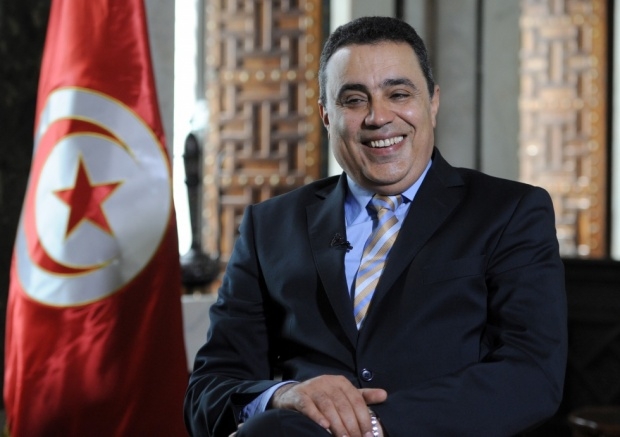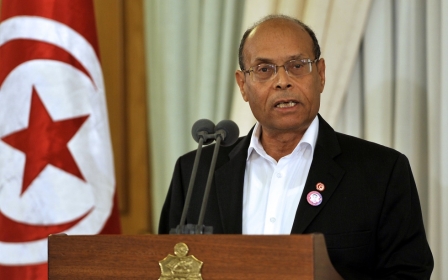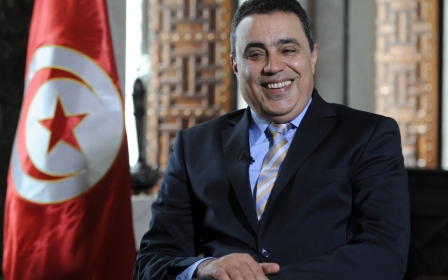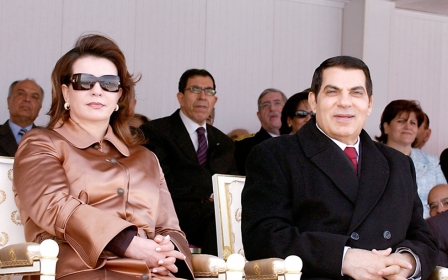Tunisia ripe for recovery from post-revolt chaos: PM

Tunisia has stabilised from the fallout of the 2011 revolution and is now ripe for investment in its battered economy, Prime Minister Mehdi Jomaa told AFP in an interview.
Speaking ahead of the "Invest in Tunisia: Start-up democracy" conference to be held on Monday, Jomaa said Tunisia's new government was upbeat but realistic about a recovery.
"We expect a strong signal from the entire political, financial and business communities to say that today there's confidence in Tunisia's future," said the premier.
"We also expect our partners to spend and to actually invest in projects," added Jomaa, who came to power in January tasked with leading Tunisia out of a political crisis and preparing fresh elections.
Thirty countries are to attend the conference aimed at showcasing investment opportunities in Tunisia, seen as the last hope among nations swept by pro-democracy protests known as the Arab Spring.
But Jomaa declined to declare his expectations, noting that at "donor conferences, we have seen that it doesn't work: they create hope but achieve little".
The purpose of the conference "is not to put forward figures, but rather to generate interest" in projects that are to be presented on Monday.
The central bank said this week that Tunisia's economic growth slowed to 2.0 percent in the second quarter of 2014 compared with 2.8 percent in the same period last year.
In the wake of the uprising that toppled dictator Zine El Abidine Ben Ali, Tunisia was rocked by violence, paralysing the country's institutions and its economy.
Upcoming elections
Jomaa heads an independent government tasked with leading Tunisia out of the festering crisis fuelled by violence and mistrust between the Islamist Ennahda party -- the majority in the assembly -- and its opponents.
In the interview, Jomaa gave assurances that Tunisia was evolving "from a planned and politically oppressive state to one that is rather regulatory".
"There are a few years of sacrifice that we must see out," he said.
"We have worked on macroeconomic stabilisation and on reducing the state budget deficit, but the economy goes through long cycles: decisions are taken today and the benefits are seen in two, three years."
Asked about the threat of militants ahead of elections for a new parliament on October 26 and president on November 23, Jomaa said measures were being taken to bolster security and avoid any more instability.
"The risks exist but we are confronting these fears... We have a clear idea of the reality and don't have any fears.
"What we are trying to build is in opposition to the model that the terrorists and those behind them are trying to impose."
The Tunisian interior ministry has said it is aware that militants are planning to launch attacks aimed at disrupting the upcoming elections.
"They will not to derail this process... We have faith, we are organised and vigilant. We can suffer blows but we will make progress," said Jomaa.
New MEE newsletter: Jerusalem Dispatch
Sign up to get the latest insights and analysis on Israel-Palestine, alongside Turkey Unpacked and other MEE newsletters
Middle East Eye delivers independent and unrivalled coverage and analysis of the Middle East, North Africa and beyond. To learn more about republishing this content and the associated fees, please fill out this form. More about MEE can be found here.




